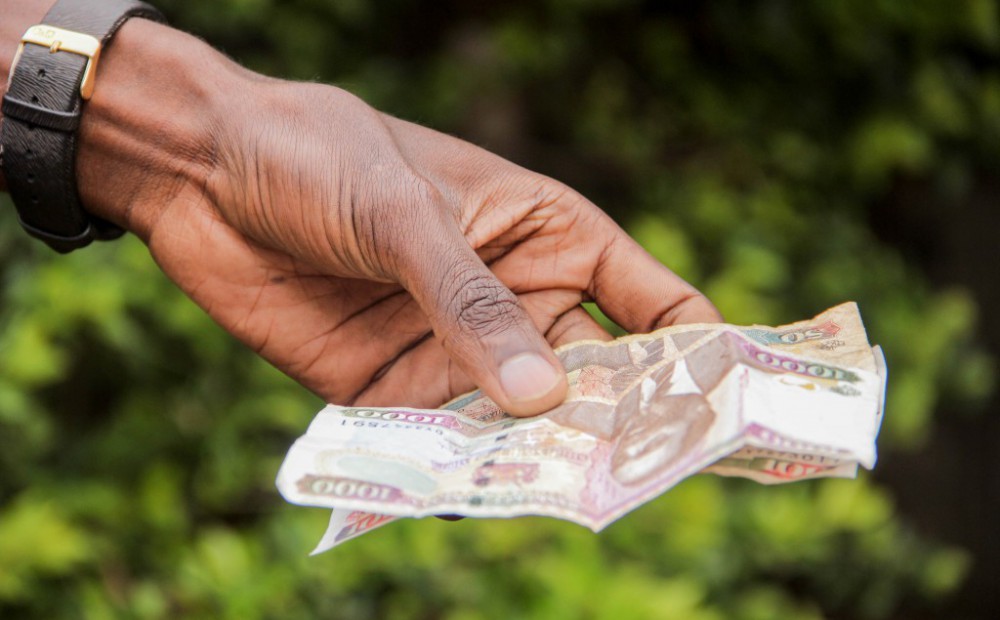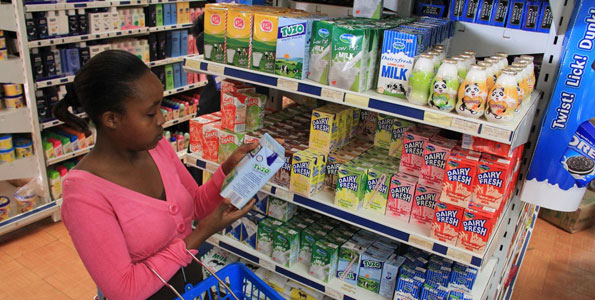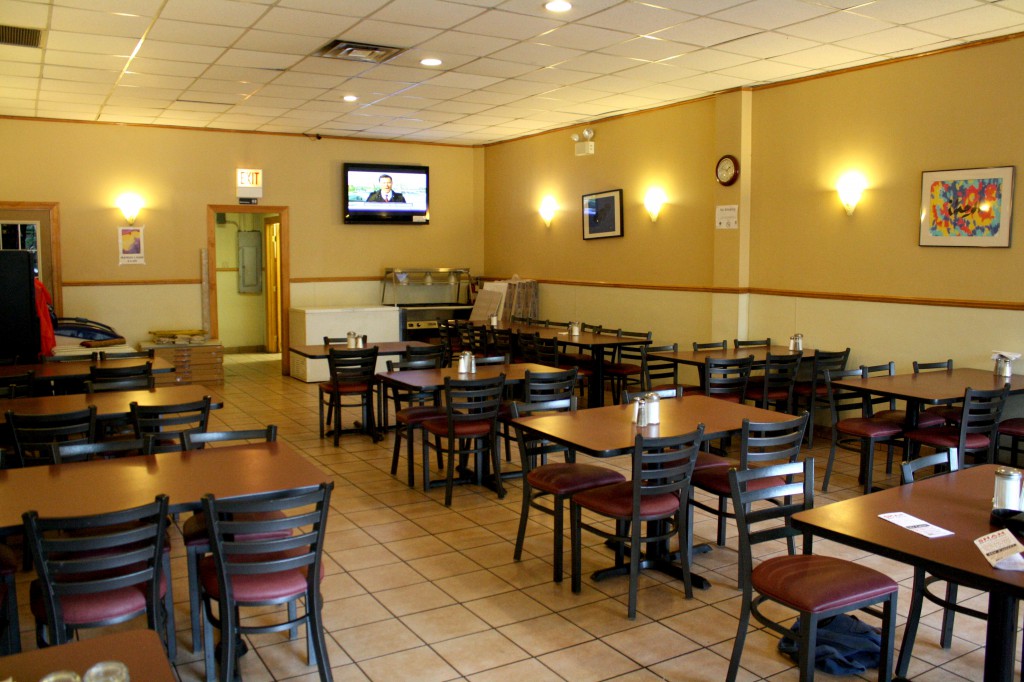Cash-flow problems are the first major headache one faces immediately after starting a business. Just before you hit “take-off” you may find that the ratio of cash-in may exceed cash-out.
The capital you started with may get depleted…not because you are not managing your money wisely but because there is an unavoidable imbalance. This usually happens due to several reasons:
(1)When you accumulate bad debts – You sell goods on credit and some customers fail to repay on time
(2)When your business grows too quickly – e.g. a customers give you orders (LPOs) that exceed what you can single-handedly finance
(3)When you are disorganized – Particularly if you don’t keep proper books of account.
(4)When you have profit problems – e.g. when the products you sell have narrow profit margin and your volume of sales is not adequate.
As you can see, these are problems almost everyone in business faces. You have to either be very lucky or very wealthy to avoid them. But as a small starter who relies on hardwork not luck, it is important to brace yourself for the challenge ahead.
On that note, we have identified 5 examples of Kenyan businesses that are prone to cash-flow problems – and what you can do to survive beyond the deficit.
5.Super Market Or Mini-Mart
Don’t be surprised when you hear a big supermarket like Uchumi is struggling to stay on its feet. Supermarkets, mini-markets, kiosks and similar businesses are prone to cash-flow deficit due to their high operation costs and low profit margins.
For instance, out of a whole packet of milk, the supermarket only gets Ksh5 profit. Out of a whole loaf of bread, some retailers get less than Ksh2 profit.
Keeping in mind that the businessman still has to pay rent, licenses, employees and still deal with a few losses here and there, it goes without saying that supermarkets and kiosk owners are among the most likely lot of entrepreneurs to suffer cash deficit.
What To Do
(1)If you run a supermarket, mini-mart or kiosk, the best way to prevent cash-flow problems is to create relationships with your suppliers so they supply you on credit and leave you to pay as the goods are bought.
(2)Avoid selling on credit at all costs.
(3)Always negotiate with your suppliers for the best possible price so you can expand your profit margin and still remain competitive.
4.Matatu Business
Forget about the popular myth that matatus are cash-cows. A matatu business can easily leave you bankrupt particularly if you are a newbie in the industry or if you have left the business solely on the hands of your driver and tout.
On a good day, a 14 seater matatu can generate Ksh5,000 but then “eat” all of it all in the name of repairs, maintenance, police, sacco fees, insurance, a corrupt crew and so forth. Word on the street is that matatus make money for everyone else apart from their owners.
It’s therefore not a surprise when you see a seemingly well-to-do matatu owner grounding his or her fleet in less than 2 years due to cashflow issues.
What To Do:
(1)Don’t get into the matatu business if you have zero experience in the ways of the streets.
(2)Keep track of the business and be sure to follow all relevant laws to avoid court cases (which only drain your pockets further).
3.Restaurant Business
Restaurant business is not for the faint-hearted. You need to put in more than 70 hours of work per week, serve some mean looking customers, contend with small profit margins and still pay for your licenses on time.
Actually, if there is a business that demands many licenses here in Kenya it’s the restaurant one. From single business permit, food handlers certificate, food & hygiene license, medical license to fire certificate and environment certificates the priorities of a hotel owner are all over the place.
Let’s not forget that you have to pay very high cost of rent to acquire a strategic location of which some landlords may demand goodwill.
What To Do
(1)Our recommended guide for those looking to start a restaurant is that one should have at least 12 months worth of rent as backup capital.
(2)Once again, never sell your products on credit.
(3)Invest in value addition so you can sell your meals at a premium and still maintain a steady flow of customers.
2.Hardware Business
The problem with the hardware business is that profit margins for the fast moving goods like cement and steel bars are quite slender. For instance, if you sell a whole bag of cement at Ksh700 you only gain Ksh10/= profit.
If you sell a Y12 steel bar at Ksh1200 you only to gain Ksh30/-. That is to say, if you hire someone to run this business for you and they decide to steal one bag from you, then you will need to supply 25 more bags of cement to recover from the loss.
This can end up being a loss-making situation especially when you have customers who order in bulk and you can’t meet their demand. Keep in mind that in the mjengo world, customers like to order goods from the best priced hardware that offers variety and free transport.
Hence, if you have cash-flow challenges, surviving in this ecosystem might prove tricky.
What To Do
(1)Apart from stocking FMCGs like cement, steel bars and paint be sure to add other products that offer wider profit margins e.g. ironmongeries, hinges, padlocks, white cement and putty.
1.Tenderpreneurship
Much as tenderpreneurship is dubbed as Kenya’s fastest way to the top of the food-chain, tenderpreneurs have to go through a lot to strike deals and get paid. In case you don’t know what tenderpreneurship is all about it is the business of supplying government institutions.
For instance, if you win a tender to supply the government with biro-pens or barsoaps then you automatically become a tenderpreneur. The advantage is that once you win the tender, there is no competition and you can price your merchandise in order to cover your cost and make some profit.
The catch however is that the government takes a long time to pay its creditors. Sometimes it takes 24 months to get paid. As such, despite the huge profit margins that are typical of tenderpreneurship, if you are operating on a shoe-string budget, then you are likely to close shop in a few months of opening.
What To Do
(1)Only go for tenders you can manage to supply and still remain afloat.
(2)Also, be sure to diversify your business e.g. by targeting other small customers – this will keep you going even as you wait for the fat cheque from your tender supplies.
Take-Home
Most small businesses are prone to cash-flow problems. However, the 5 listed above are the ones that face cash deficit quite often. It is important to keep in mind that factors like (a)Not keeping proper books of account (2)Bad debts and (3)Growing too quickly can significantly worsen an already bad situation.
Have you ever found yourself in a cash crisis situation?
























